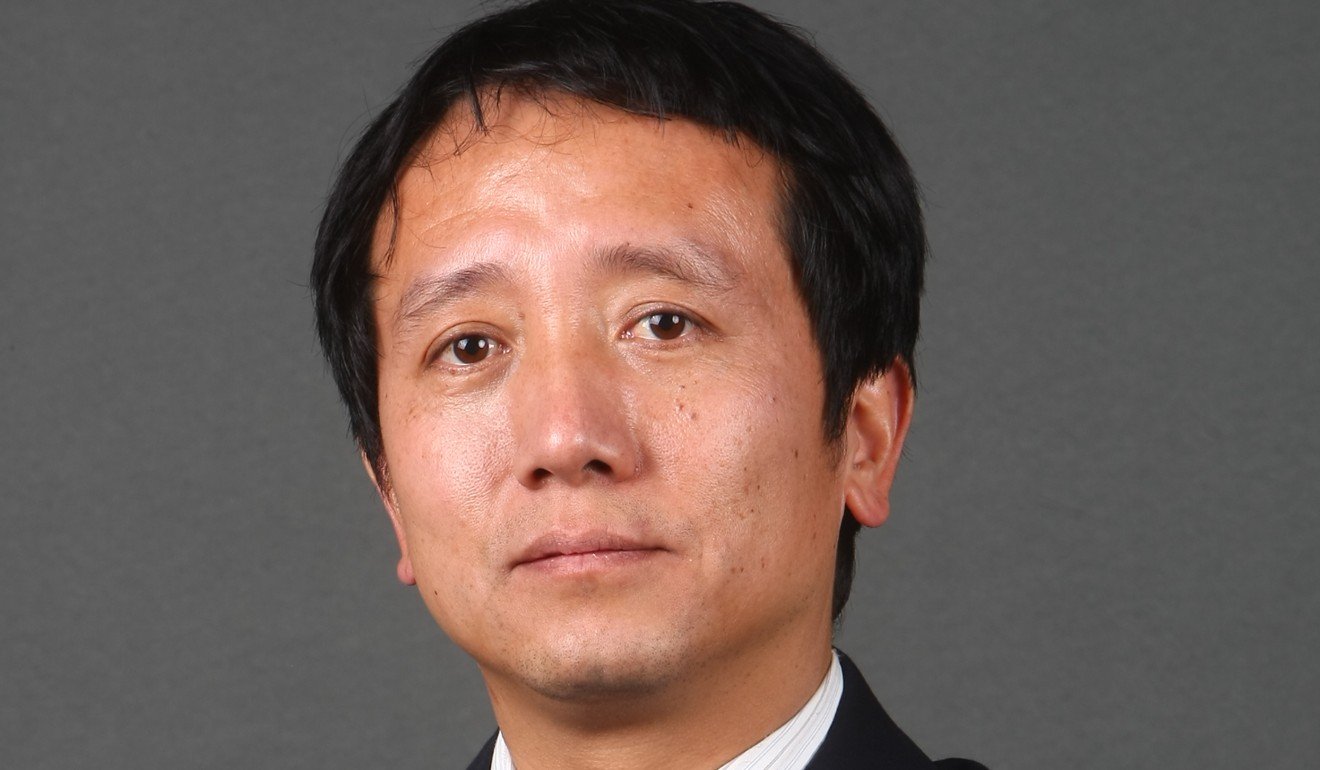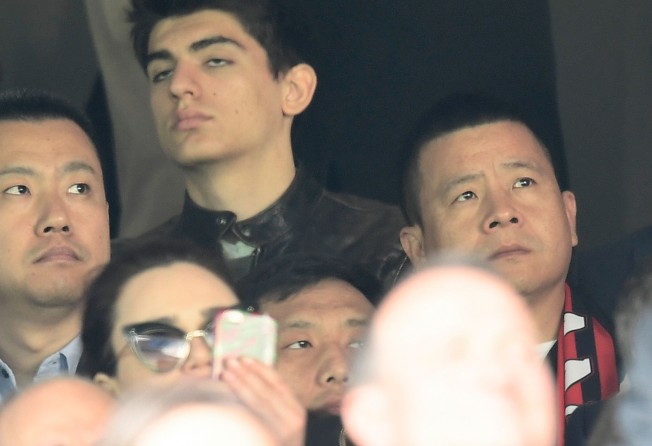
Overseas deals in the cross hairs at Beijing’s key financial policy meeting, sources say
National conference held every five years said to focus on containing risk, particularly from cross-border investments

Financial risk stemming from ambitious outbound investments will go under the microscope at a key financial policy meeting in Beijing in the middle of this month, sources close to the government told the South China Morning Post.
The closed-door meeting – known as the National Financial Work Conference and held every five years – will focus on containing financial risk, including from cross-border investments and loans for projects in other countries, said the two sources, who declined to be named because they are not authorised to speak to media.
“The meeting will focus on warding off financial risk, including from cross-border transactions,” said one source, adding that there was “mounting suspicion” from Beijing over money-laundering in big overseas deals and a lack of returns on government-backed projects.
This increased scrutiny of highly leveraged overseas deals has become more apparent in recent months. The country’s foreign exchange administration has criticised investment in property, hotels and soccer clubs as irrational. The banking regulator, meanwhile, issued internal memos asking banks to watch for risks with big dealmakers including Wanda, Fosun, Anbang, HNA and Zhejiang-based Rossoneri Sport Investment.
China’s overseas assets, excluding official reserves, surged from US$310 billion in 2004 to US$3.37 trillion at the end of 2016. The proportion of these assets in the country’s gross domestic product nearly doubled in that period to 30 per cent, as Beijing encouraged companies to expand their presence overseas – including infrastructure work in Asia, Europe, Africa and the Middle East under the belt and road trade plan launched in 2013.
But this aggressive overseas expansion has drawn a wary response not just in other countries but in China.
“It’s time to review the financial risk of cross-border deals and ask the question – do China’s investments make sense economically or are they just splashing out for ‘friendship’ or ‘strategy’?” said Mei Xinyu, a researcher at a think tank under China’s Ministry of Commerce.
“In some countries, China’s projects are destined to plunge into crisis,” Mei said.

While there are no official statistics available on how successful overseas investments have been, the track record is patchy. In Venezuela, where Beijing pledged billions of dollars of investment, there have been huge losses as the South American nation’s economy collapsed. But the spending spree has also netted trophy assets. Among the big deals, Anbang Insurance under Wu Xiaohui bought the Waldorf Astoria Hotel in New York for US$1.95 billion in 2014. HNA Group, meanwhile, run by Chen Feng, was the biggest buyer of land in Hong Kong last year.
A central bank measure to ensure economic and financial prudence is likely to be introduced at the financial work conference, and stricter scrutiny of overseas mergers and acquisitions can also be expected, according to Zhao Xijun, a finance professor at Renmin University.
“At the micro level of financial risk control, companies’ overseas investments will face stricter supervision as regulators meticulously assess the authenticity of deals to prevent money laundering or funds being transferred under the guise of deals,” Zhao said.
Beijing made clear it would strengthen monitoring of overseas deals at a meeting of its financial reform leading group chaired by President Xi Jinping last month.
Meanwhile Wanda, Fosun, Anbang, HNA and Rossoneri Sport Investment – the vehicle used by businessman Li Yonghong to acquire Italian soccer club AC Milan in April – were singled out for scrutiny by banks under a directive from the China Banking Regulatory Commission last month. A number of banks are involved in the reviews, including Industrial and Commercial Bank of China, China Construction Bank, Bank of Communications and China Guangfa Bank.
The upcoming fifth financial work conference was delayed by more than a year as decision makers struggled to agree on the best way to keep financial markets in check. The need for better regulation came to a head after watchdogs were accused of failing to adequately respond to a stock market meltdown two years ago.